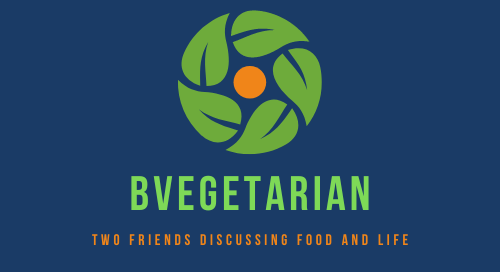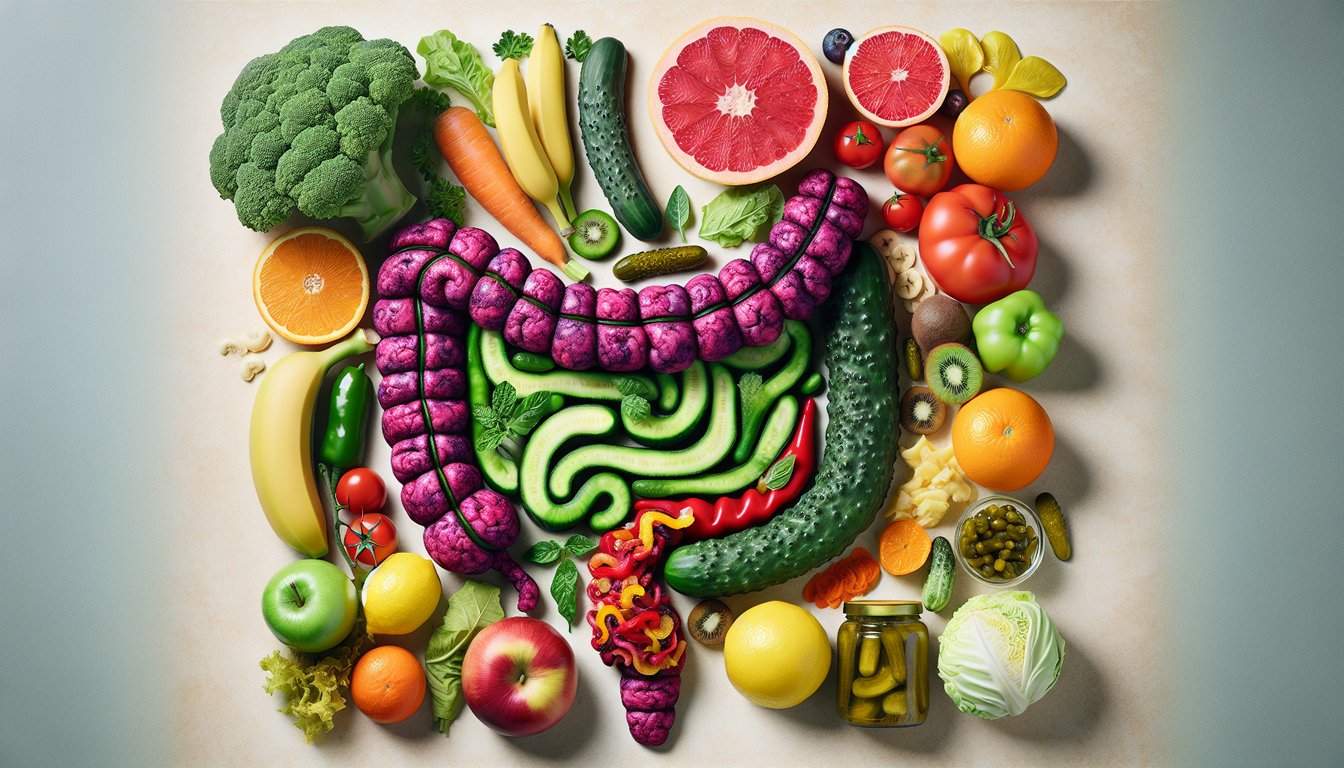Finding the perfect balance between quick preparation and a nutritious meal can be challenging, especially during busy weekdays. However, with some creativity, vegetarian lunchboxes can be both satisfying and easy to prepare. Explore these 13 exciting vegetarian lunchbox ideas that are not only healthy but also deliciously diverse, ensuring you stay energized and focused throughout the day. Starting next weekend, I will be showcasing one recipe each weekend. Let’s cook together!
1. Quinoa Salad Jars
Quinoa salad jars are a fantastic grab-and-go option. Layering fresh vegetables, leafy greens, and protein-packed quinoa in a mason jar creates a visually appealing and nutrient-dense meal. Quinoa is a complete protein, making it a staple in vegetarian diets.
2. Mediterranean Wraps
These wraps are loaded with hummus, roasted red peppers, cucumber slices, and crumbled feta cheese, all rolled into a whole-grain tortilla. The combination of flavors and textures makes this a satisfying meal. Pair with a side of olives or marinated artichokes for an extra Mediterranean flair.
3. Chickpea Avocado Sandwich
Mashed chickpeas mixed with ripe avocado create a creamy, protein-rich filling perfect for sandwiches. Add in some chopped celery, lemon juice, and herbs for a refreshing taste. Chickpeas are not only high in protein but also in fiber, supporting digestion and heart health.
4. Veggie Sushi Rolls
Making sushi at home can be easier than you think. Fill nori sheets with sticky rice and a variety of vegetables like cucumber, avocado, and carrots. These rolls are not only fun to make but also a nutritious way to enjoy a balanced meal.
5. Lentil Soup
Prepare a hearty lentil soup loaded with vegetables and aromatic spices over the weekend and enjoy it throughout the week. Lentils are a powerful source of protein and fiber, ensuring you stay full and focused.
6. Caprese Salad Skewers
Caprese salad skewers are a simple yet elegant addition to any lunchbox. Skewer cherry tomatoes, fresh basil, and mozzarella balls, then drizzle with balsamic glaze. This refreshing dish captures the taste of summer in every bite.
7. Spicy Black Bean Tacos
Fill corn tortillas with black beans, salsa, and fresh cilantro for a quick lunch that packs a punch. Black beans are rich in antioxidants and essential nutrients, making them a superfood choice for vegetarians.
8. Greek Yogurt Parfait
Layer Greek yogurt with granola, fresh berries, and a drizzle of honey for a sweet yet healthy lunch option. Greek yogurt is rich in probiotics which promote healthy gut bacteria and digestion.
9. Roasted Vegetable Pasta
Roasted vegetable pasta is a comforting and satisfying meal. Toss whole-grain pasta with seasonal vegetables like zucchini, bell peppers, and cherry tomatoes, roasted to perfection. This dish is not only vibrant but incredibly flavorful.
10. Spinach and Feta Frittata
A spinach and feta frittata provides a protein-packed meal that can be enjoyed hot or cold. Eggs are a source of high-quality protein and essential nutrients, supporting overall health.
11. Peanut Butter and Banana Roll-Ups
Spread peanut butter over a whole-grain wrap, add banana slices, and roll it up for a quick and energy-boosting meal. Bananas are an excellent source of natural sugars and potassium, sustaining your energy levels.
12. Tofu Stir-Fry
Stir-fry tofu with a mix of your favorite vegetables in soy sauce for a delicious, protein-rich dish. Tofu is an excellent source of plant-based protein and can easily absorb the flavors of any marinade or sauce you use.
13. Zucchini Noodles with Pesto
Zucchini noodles, or “zoodles,” are a low-carb alternative to pasta. Toss with homemade pesto, cherry tomatoes, and pine nuts for a light yet flavorful lunch. This dish is a great way to incorporate more vegetables into your diet.
Incorporating these vegetarian lunchbox ideas into your daily routine not only enhances your meal variety but also supports a healthy lifestyle. From protein-packed salads to delicious wraps and hearty soups, each option offers something unique and nutritious. Remember, a well-prepared lunch can set the tone for the rest of your day, keeping you fueled and focused.











